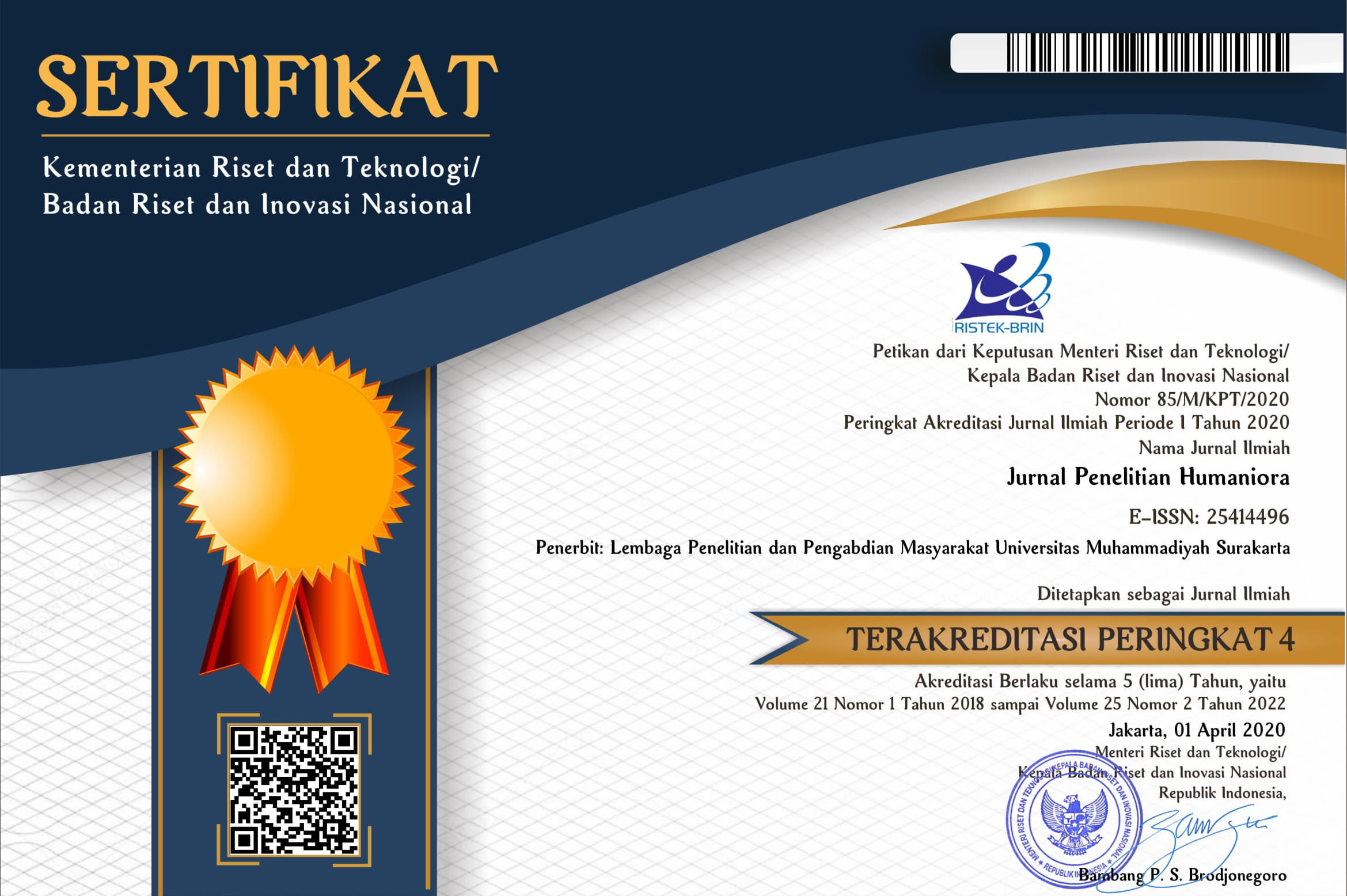Kesiapan Mahasiswa dalam Pembelajaran Daring dan Hubungannya dengan Hasil Belajar
Dewi Wardah Mazidatur Rohmah(1*), Muhammad Dhika Arif Rizqan(2)(1) Universitas Terbuka
(2) Universitas Islam Negeri Sunan Ampel Surabaya
(*) Corresponding Author
Abstract
Keywords
Full Text:
PDFReferences
Broadbent, J. (2017). Comparing online and blended learner's self-regulated learning strategies and academic performance. The Internet and Higher Ed-ucation, 33, 24-32. https://doi.org/10.1016/j.iheduc.2017.01.004
Broadbent, J., & Poon, W. L. (2015). Self-regulated learning strategies & aca-demic achievement in online higher education learning environments: A systematic review. The Internet and Higher Education, 27, 1-13. https://doi.org/10.1016/j.iheduc.2015.04.007
Buzdar, M., Ali, A., & Tariq, R. (2016). Emotional intelligence as a determinant of readiness for online learning. The International Review of Research in Open and Distributed Learning, 17(1). Pp. 148-158. https://doi.org/10.19173/irrodl.v17i1.2149
Cigdem, H., & Ozturk, M. (2016). Critical components of online learning readi-ness and their relationships with learner achievement. Turkish Online Jour-nal of Distance Education, 17(2).
De Freitas, S. I., Morgan, J., & Gibson, D. (2015). Will MOOCs transform learn-ing and teaching in higher education? Engagement and course retention in online learning provision. British Journal of Educational Technology, 46(3), 455-471. DOI: 10.1111/bjet.12268
Engin, M. (2017). Analysis of Students' Online Learning Readiness Based on Their Emotional Intelligence Level. Universal Journal of Educational Re-search, 5(n12A), 32-40. DOI: 10.13189/ujer.2017.051306
Hao, Y. (2016). Exploring undergraduates' perspectives and flipped learning readiness in their flipped classrooms. Computers in Human Behavior, 59, 82-92. DOI: https://doi.org/10.1016/j.chb.2016.01.032
Hung, M. L., Chou, C., Chen, C. H., & Own, Z. Y. (2010). Learner readiness for online learning: Scale development and student perceptions. Computers & Education, 55(3), 1080-1090. https://doi.org/10.1016/j.compedu.2010.05.004
Kırmızı, Ö., & Kömeç, F. (2019). The impact of the flipped classroom on recep-tive and productive vocabulary learning. Dil ve Dilbilimi Çalışmaları Dergisi, 15(2), 437-449. DOI: 10.17263/jlls.586096
Kizilcec, R. F., & Halawa, S. (2015, March). Attrition and achievement gaps in online learning. In Proceedings of the second (2015) ACM conference on learning@ scale (pp. 57-66). ACM. https://doi.org/10.1145/2724660.2724680
Lee, L. (2016). Autonomous learning through task-based instruction in fully online language courses. Language Learning & Technology. 20(2), 81-97.
Lind, D. A., Marchal, W. G., & Wathen, S. A. (2012). Statistical techniques in business & economics. New York, NY: McGraw-Hill/Irwin.
Yilmaz, R. (2017). Exploring the role of e-learning readiness on student satisfac-tion and motivation in flipped classroom. Computers in Human Behavior, 70, 251-260. DOI: 10.1016/j.chb.2016.12.085
Article Metrics
Abstract view(s): 702 time(s)PDF: 1309 time(s)
Refbacks
- There are currently no refbacks.











